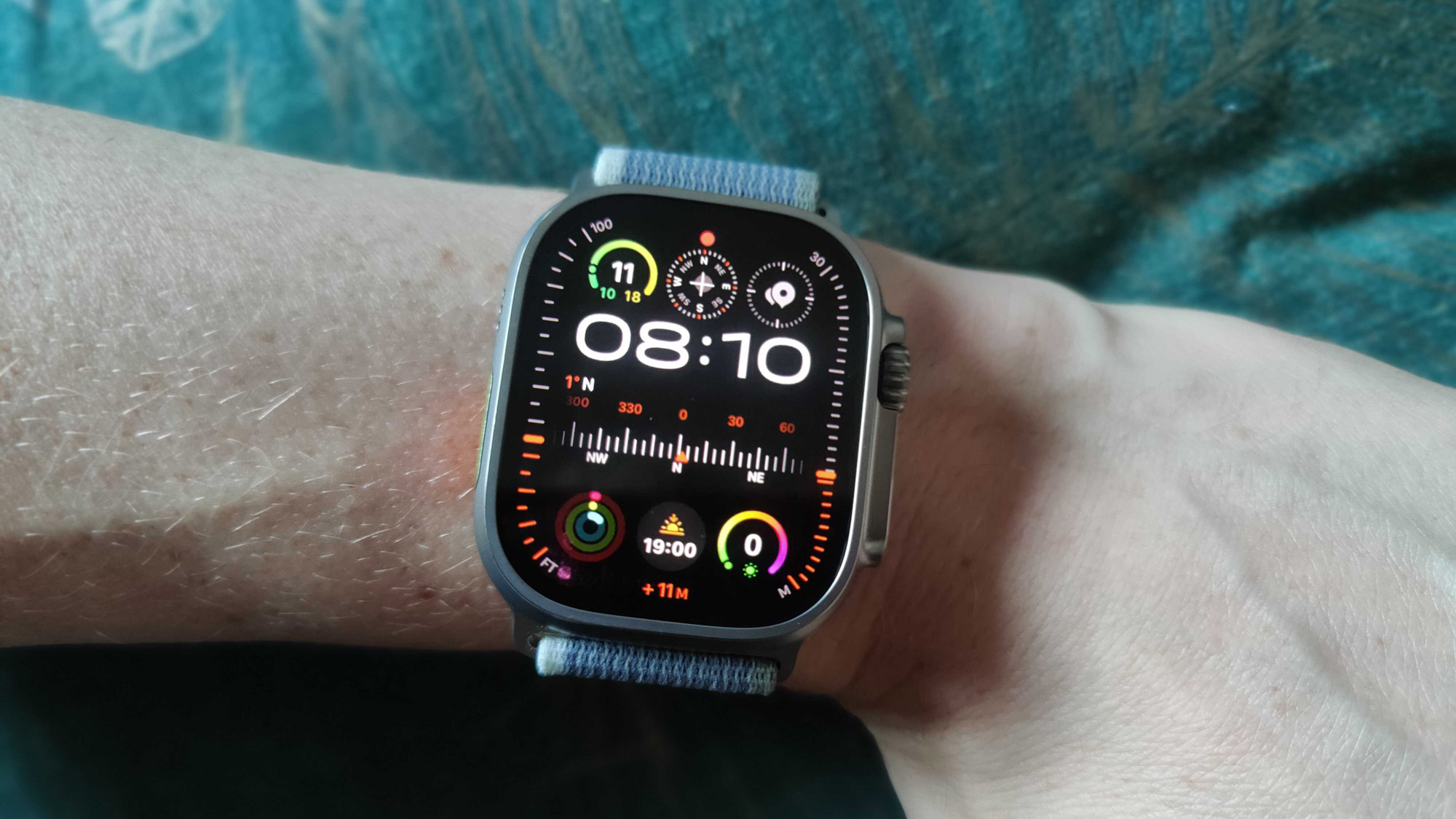Apple's patent rival claims the Apple Watch's blood oxygen feature is unreliable
The dispute continues

Sign up for breaking news, reviews, opinion, top tech deals, and more.
You are now subscribed
Your newsletter sign-up was successful
Apple is currently embroiled in a patent dispute with health tech company Masimo over the blood oxygen sensor in its latest Apple Watches – and now Masimo CEO Joe Kiani has gone on record to say that Apple's sensor is unreliable, and that consumers are "better off without it".
The comments, made to Bloomberg TV (via 9to5Mac), come in the wake of Apple disabling blood oxygen monitoring on the Apple Watch 9 and the Apple Watch Ultra 2, so that those devices can stay on sale while the legal issues are resolved.
"Apple is masquerading what they are offering to consumers as a reliable, medical pulse oximeter, even though it is not," Kiani told Bloomberg TV. "I really feel wholeheartedly that consumers are better off without it."
Unsurprisingly, Kiani says that the tech Masimo produces is superior. The CEO also said he hasn't spoken to Apple about settling the patent dispute, so it looks as though this particular story still has a long way to run.
Sensor accuracy
Kiani's criticisms center on the fact that the Apple Watch sensor for measuring oxygen levels in the blood, known as a pulse oximeter, doesn't take continuous measurements. Rather, it only takes readings intermittently, which limits its usefulness in spotting problems such as sleep apnea, according to Kiani.
For its part, Apple says intermittent readings and manual spot-checks are perfectly fine for what the sensor is designed to do – and that checks against high-quality reference data are more important for ensuring accuracy than logging readings all through the day and night.
It's worth bearing in mind that Masimo's pulse oximeter technology has been approved by the Federal Drug Administration (FDA) in the US, which means it officially qualifies as a medical-grade device in terms of data quality.
Sign up for breaking news, reviews, opinion, top tech deals, and more.
Apple doesn't have that approval, but maintains that its watches are still useful in terms of health monitoring. As 9to5Mac points out, an academic study has found the sensor in the Apple Watch to be able to detect reduced blood oxygen saturation "reliably", and to be "sufficiently advanced" to match up to medical-grade tech.
You might also like

Dave is a freelance tech journalist who has been writing about gadgets, apps and the web for more than two decades. Based out of Stockport, England, on TechRadar you'll find him covering news, features and reviews, particularly for phones, tablets and wearables. Working to ensure our breaking news coverage is the best in the business over weekends, David also has bylines at Gizmodo, T3, PopSci and a few other places besides, as well as being many years editing the likes of PC Explorer and The Hardware Handbook.